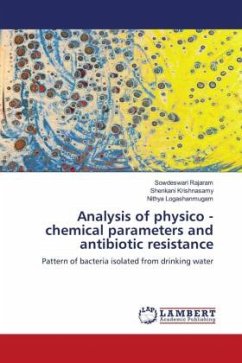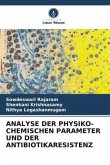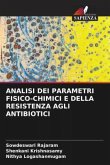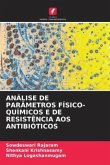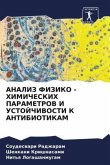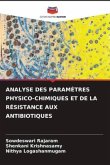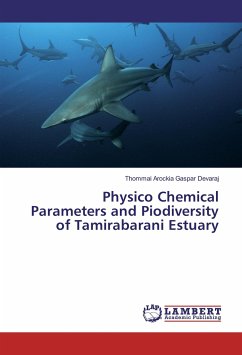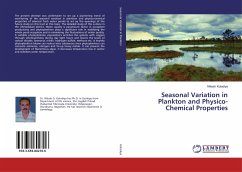Water is considered a vehicle for the propagation and dissemination of human associated bacteria. Safe drinking water is a fundamental human right and if contaminated with opportunistic pathogenic environmental bacteria, it may have health implications for consumers. Human health should therefore be protected by preventing microbial contamination of water that is intended for consumption. In rural communities, untreated surface water from rivers, dams, and streams is directly used for drinking and other domestic purposes. These unprotected water sources can be contaminated with microbes through rainfall run-off and agricultural inputs, mixing with sewage effluents and faeces from wildlife, which render them unacceptable for human consumption. The present study provides a base line data for the conservation and monitoring of the drinking water. It was found that the drinking water was unsafe for drinking purposes. Therefore, some effective measures are required to enhance the drinking water quality by conservation of water bodies and making water quality management plan.

